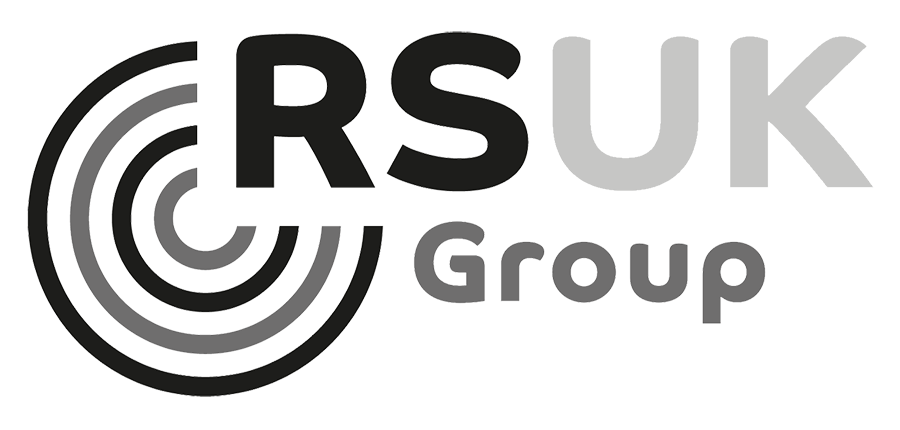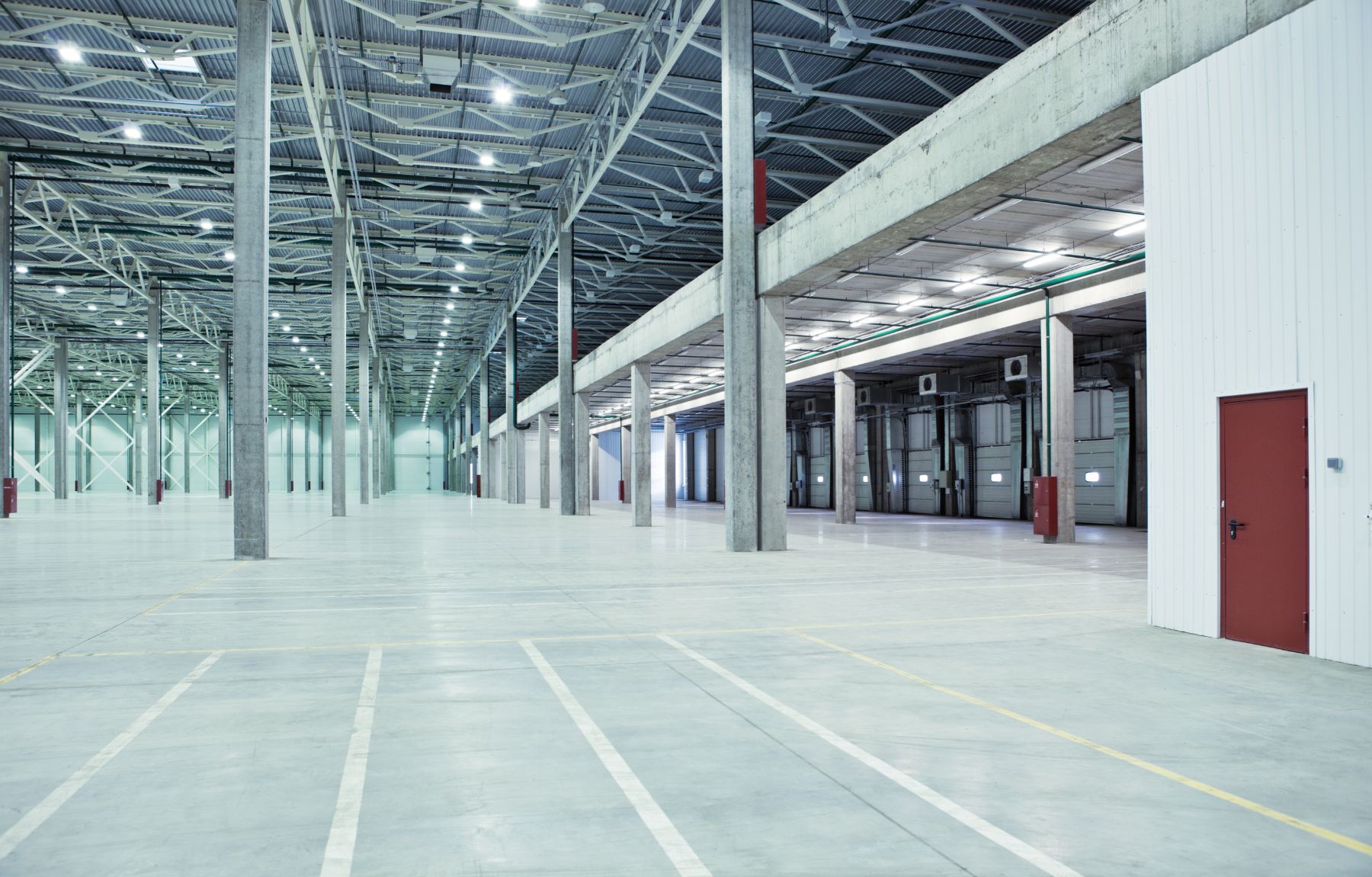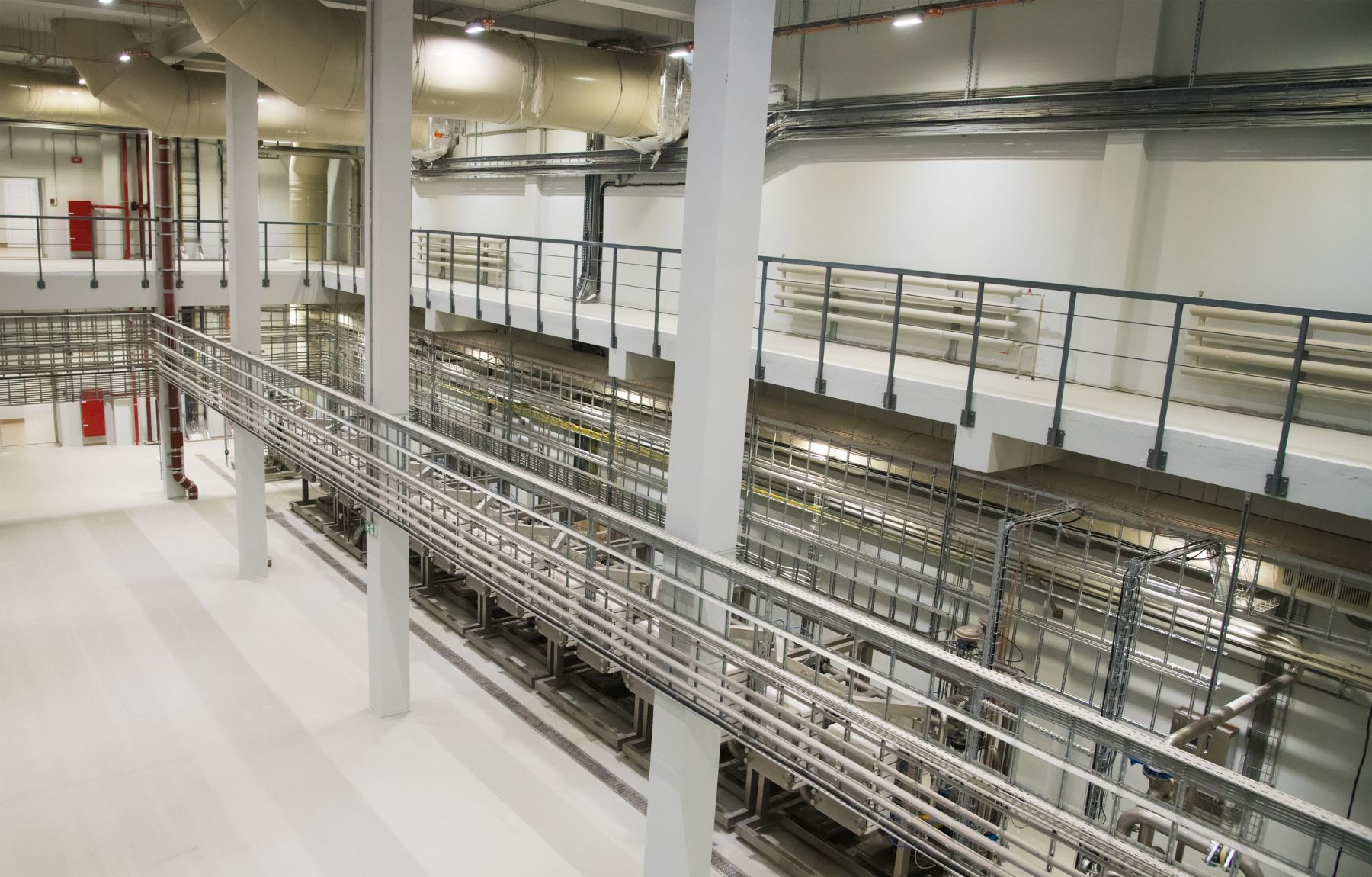Best Questions to Ask Before Hiring an Industrial Electrical Contractor
Before you commit to any contractor, it’s essential to ask the right questions.
This article outlines the most important questions businesses should ask before hiring an industrial electrical contractor. Each one is designed to help you assess capability, compliance, and reliability, ensuring your project is in safe hands from start to finish.
Why It’s Important to Ask the Right Questions
Industrial environments present specific electrical challenges. From high-voltage equipment and three-phase systems to complex production line layouts, these systems must be installed and maintained to a much higher standard than typical domestic or light commercial work.
Asking the right questions early helps you:
- Avoid contractors without relevant industrial experience
- Confirm compliance with UK standards and health and safety law
- Clarify timelines, risk management, and documentation
- Protect your business from costly mistakes or regulatory issues
Here are the questions worth asking before you make any commitments.
1. Are You Experienced in Industrial Electrical Projects?
Not all electricians are trained or experienced in industrial environments. Many specialise in domestic or commercial projects, which differ greatly from factory, processing, or manufacturing setups.
Ask about:
- Projects completed in similar environments
- Types of systems installed
A contractor with direct experience in your sector will understand the pressures of production downtime and the operational constraints of live environments.
2. Are You NAPIT Registered?
Every contractor should be registered with a recognised body such as NAPIT. This registration confirms that they meet the required standards for safety, testing, and ongoing competence. It also ensures that they can issue a valid certification for completed work.
Without this, your business may be left with non-compliant installations and no valid paperwork for insurers or health and safety auditors.
Ask to see evidence of current registration and check that all on-site electricians are properly qualified.
3. What Health and Safety Procedures Do You Follow?
In industrial settings, health and safety are non-negotiable. Electrical work must comply with the Electricity at Work Regulations 1989, and the Construction (Design and Management) Regulations 2015 (CDM) where applicable.
You should ask:
- Are your staff trained in site-specific safety protocols?
- Do you hold SSIP accreditations such as CHAS or SafeContractor?
A reliable contractor should be able to supply these documents as standard.
4. What Testing and Certification Will I Receive?
Upon completion of any installation, modification, or major repair, the contractor must issue the appropriate certification. This confirms the work has been tested and complies with BS 7671 (IET Wiring Regulations).
Ask:
- Will I receive an Electrical Installation Certificate?
- Do you provide Electrical Installation Condition Reports (EICRs)?
Without valid certification, you may face difficulties with insurance, compliance audits, or future inspections.
5. Can You Provide References or Case Studies?
Contractors should be willing to show previous work, especially for industrial projects. This gives you confidence in their capability and shows they’re used to working in similar conditions.
Ask for:
- Case studies in manufacturing, processing, or industrial settings
- Contact details for previous clients (if permitted)
- Photos of similar installations
This also gives you a chance to ask other clients how well the contractor communicated, whether they met deadlines, and how they handled issues.
6. How Do You Handle Project Management and Scheduling?
Industrial work often requires coordination between multiple trades, strict shutdown windows, or phased installations. Delays or poor planning can have knock-on effects for the entire operation.
Ask:
- Do you provide a detailed project schedule?
- How do you handle work in live or sensitive environments?
- Can you work out of hours if required to support business operations?
An organised contractor will give you a clear timeline and adhere to it. They should also be comfortable working within industrial production schedules, including night shifts or weekends if needed.
7. What Support Do You Offer After Installation?
Ongoing support is a key factor, particularly in industrial environments where uptime is critical. A reliable contractor should provide maintenance plans and respond promptly to breakdowns.
Ask:
- Do you offer planned preventive maintenance?
- What’s your average response time for faults?
- Do you carry out annual testing, including emergency lighting and fixed wire inspections?
Contractors that offer long-term support are more likely to invest in doing the job to a higher standard from the start.
8. Are You Familiar With My Industry’s Compliance Requirements?
Different industries have different compliance challenges.
Ask:
- Have you worked in this sector before?
- Do you understand relevant compliance or audit expectations?
- Can you adapt installations to meet industry-specific standards?
This helps ensure that the work will meet general electrical regulations and also stand up to scrutiny from trade-specific regulators or auditors.
9. What Is Included in Your Quote?
Not all quotes include the same elements. Some contractors may provide basic labour and materials pricing but leave out key costs which can lead to confusion or extra charges.
Ask:
- Does the quote cover testing and certification?
- Are third-party costs, such as access equipment, included?
- Will you manage the procurement of materials?
Getting this clarity up front avoids unexpected charges and helps you compare like-for-like quotes.
10. How Do You Ensure Work Is Completed to BS 7671?
Every industrial electrical job must follow the IET Wiring Regulations (18th Edition). A contractor should be able to explain how they meet this standard.
Ask:
- How do you check for compliance during and after installation?
- Do you carry out internal quality checks or audits?
- How do you stay up to date with changes to the Wiring Regulations?
Contractors who take compliance seriously will be able to explain this without hesitation.
Why Local Knowledge Matters
If your site is in Grimsby or Greater Lincolnshire, hiring a local industrial electrical contractor can reduce delays and make coordination easier. Local teams are more likely to:
- Understand regional regulations and infrastructure
- Respond quickly to urgent call-outs or site visits
- Maintain continuity across multi-phase or ongoing projects
A local contractor with a proven industrial track record reduces logistical complexity and adds a layer of reliability that national companies may not offer.
Final Thoughts
Industrial electrical projects carry significant risk and responsibility. You need more than just a qualified electrician, you need a contractor with proven industrial experience, strong safety credentials, and the ability to deliver under pressure.
Asking the right questions helps protect your site, your team, and your bottom line. Whether it’s compliance with BS 7671, sector-specific knowledge, or post-installation support, the answers you get will tell you everything you need to know.
If your facility is based in Grimsby or Greater Lincolnshire and you’re planning industrial electrical work, our team can advise from initial concept to final certification. Contact our team for a no-obligation discussion on 01472 867820 or complete the enquiry form below to book a consultation.








